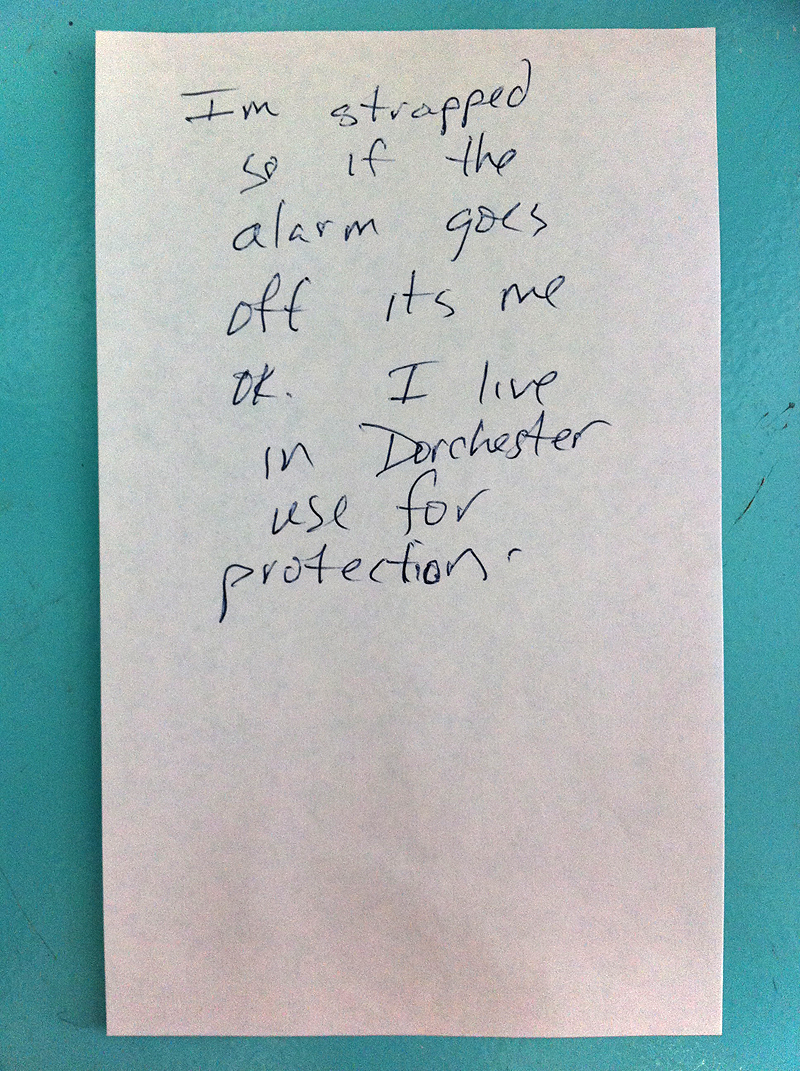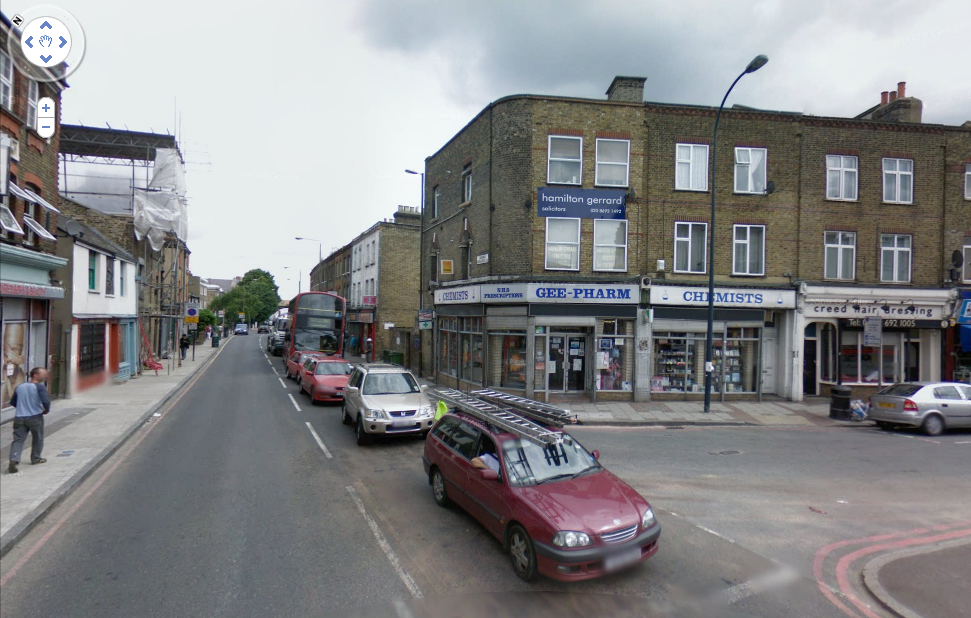About five years ago, when I was getting ready to move to England and take another crack at grad school, I was starting to worry about what to do with all my stuff. I’d surrendered many treasures as I downsized and moved from one place to another, but emigrating — even if it would only be for a year — would require me to pare down to the essentials once and for all, and even then I’d probably need to give preference to relevant books for my course.
Luckily, my brother generously agreed to let me use the attic of his large house to store all the boxes of things that I couldn’t take, but wasn’t quite prepared to throw away or sell. In the years since, as I’ve adjusted to the idea that I may be living here for quite a while, I’ve emptied out a box or two when possible, throwing away things that don’t seem quite so precious anymore and bringing some of the treasure back to the UK.
Last week I sorted through the stack of boxes again, grabbing a few essential books I’d been missing and rescuing a small stack of ephemera I’ve been collecting for the past thirty years or so. Looking through the pile is like finding old friends again, and unleashing a flood of memories. I suspect many of the the tidbits will make their way into Pink Mince eventually, but here’s a selection of other things with less editorial potential.

Ticket stub from the Cyclone at Coney Island

Flyer for a divorce sale — “Everything is cheap but HIS stuff is cheaper”

Flyer for a “Scottish” gay bar in Rio de Janeiro

Note given to me by a 15-year-old deaf boy when I was working the front desk at Waterstone’s in Boston

A couple of John Waters autographs from 1989 or so.

Much more beloved Waters memorabilia: copies of various scripts from films of his.














 A decade ago, which is essentially a lifetime ago, the
A decade ago, which is essentially a lifetime ago, the